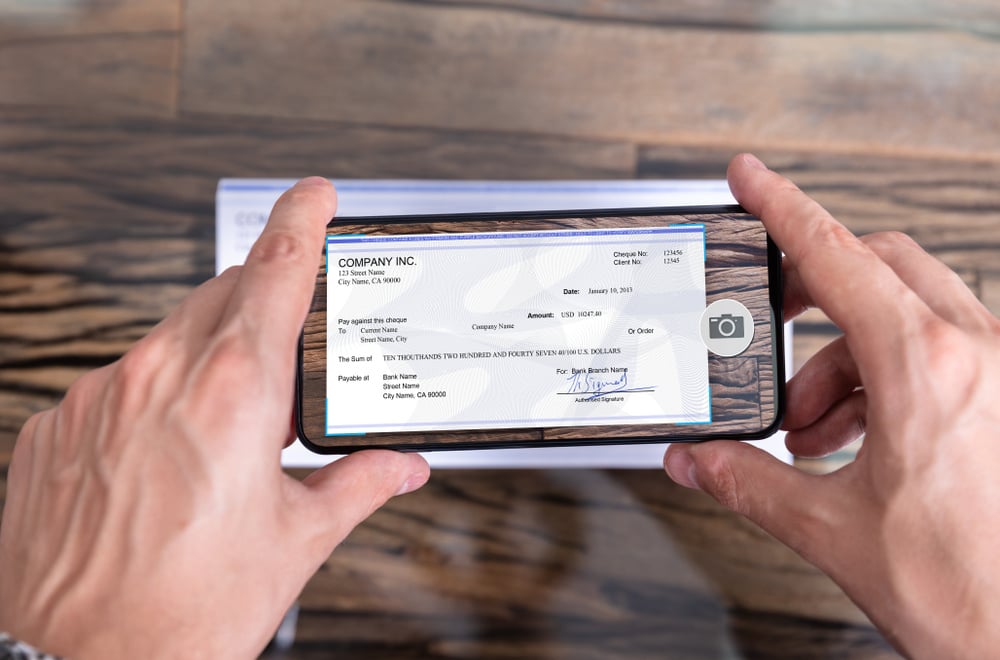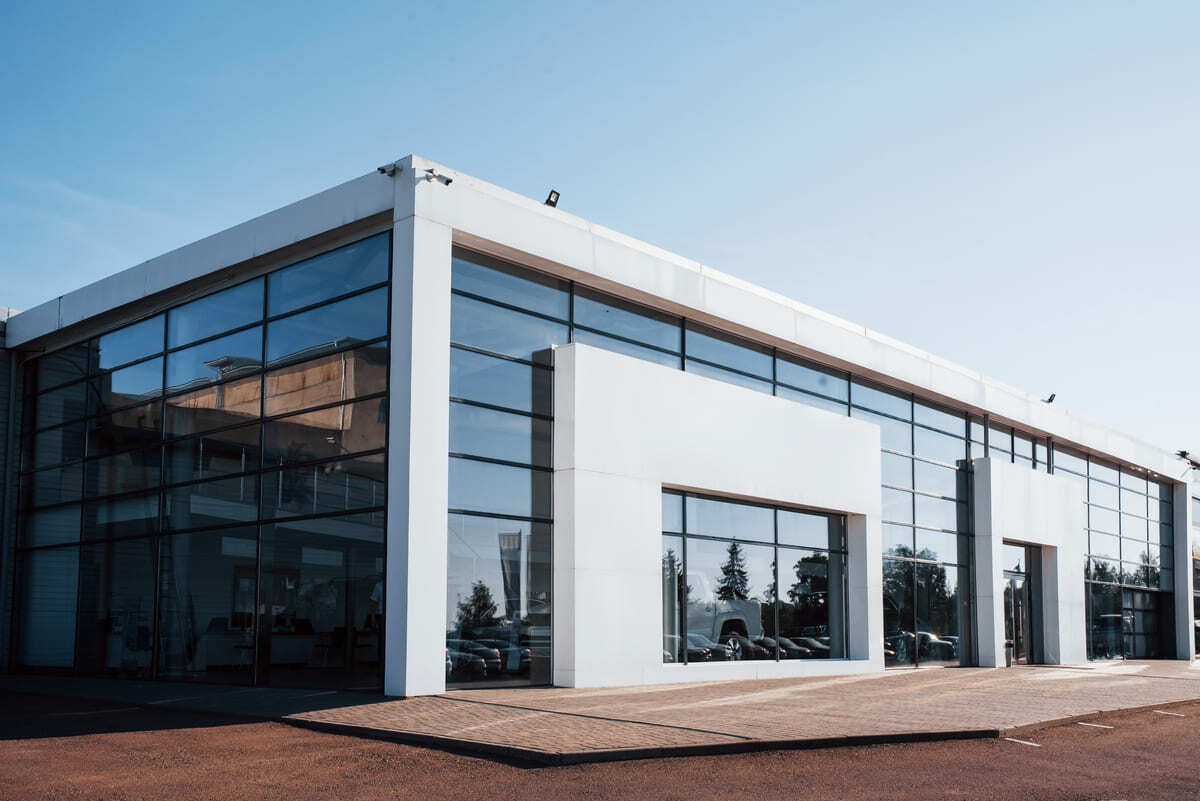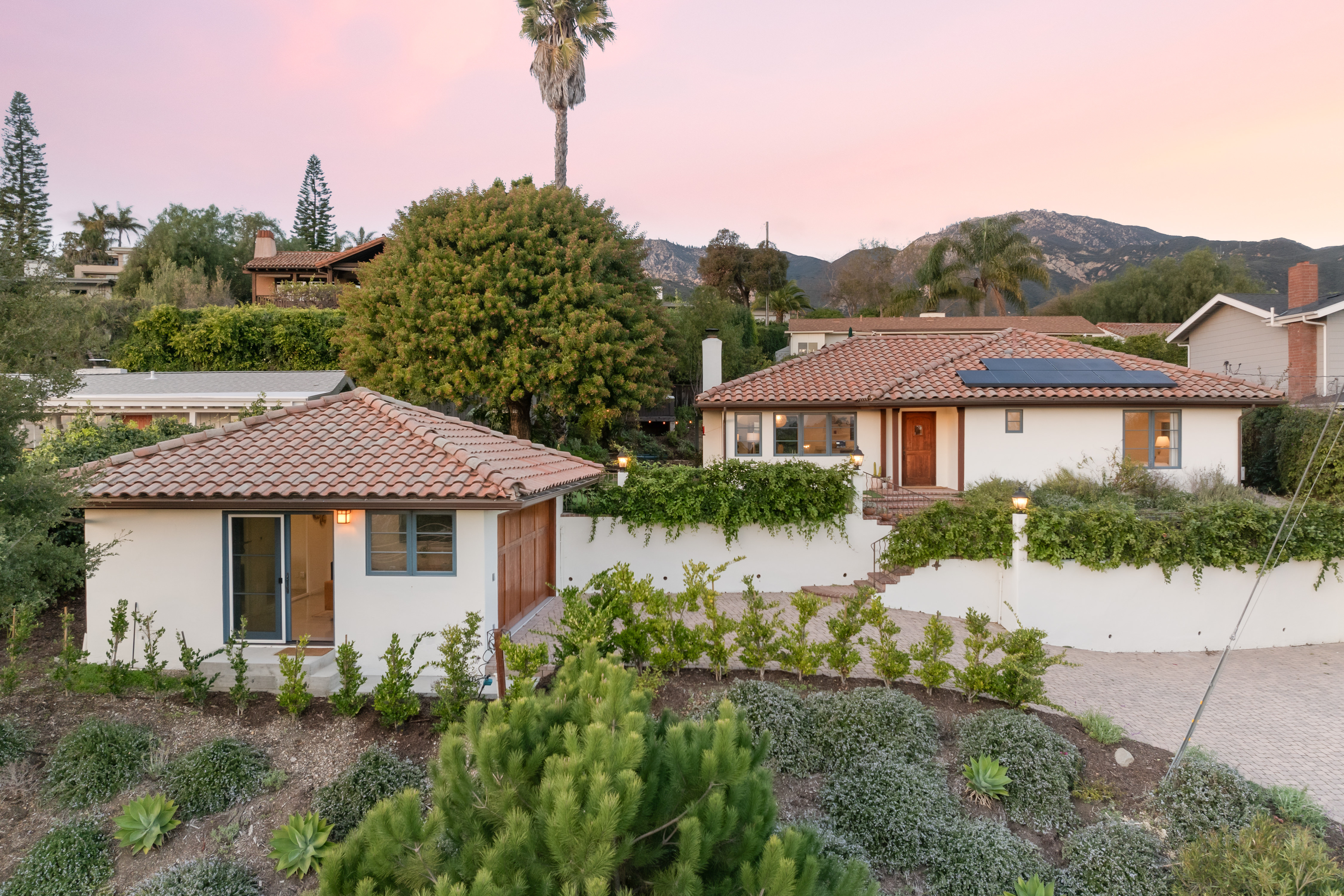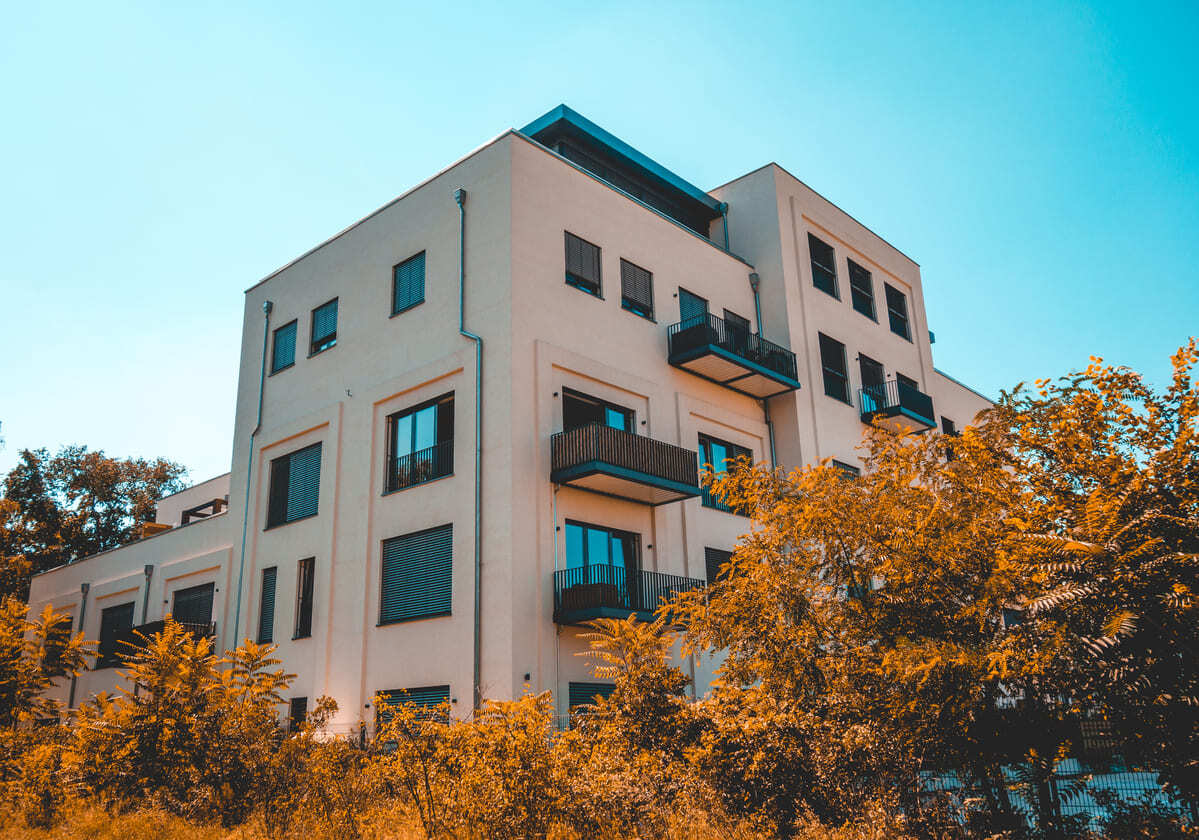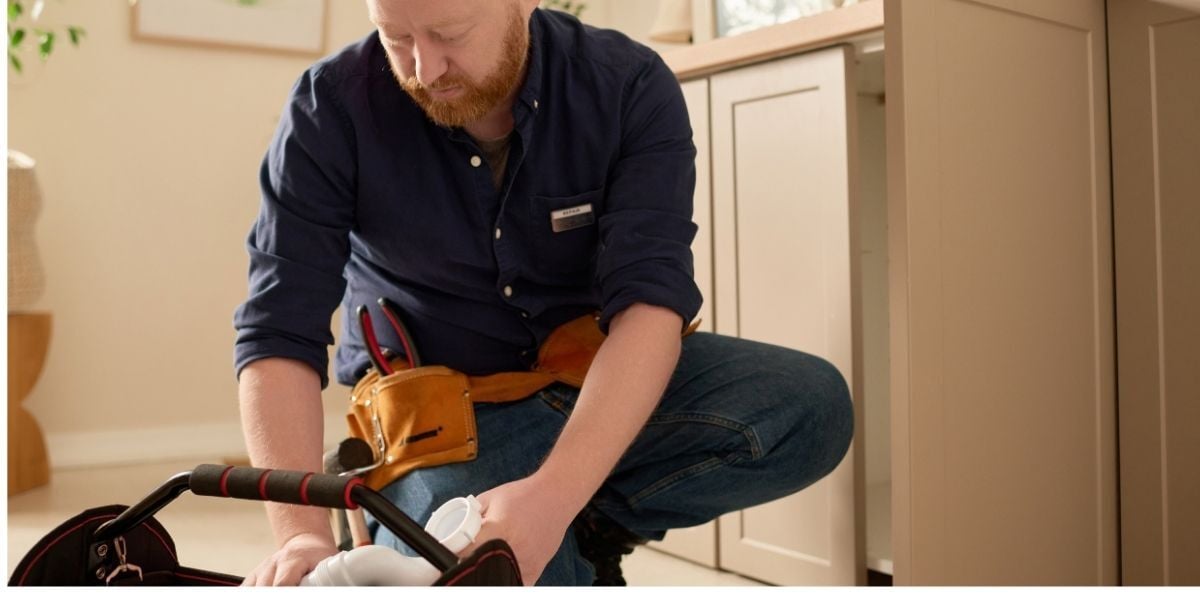
Most people know that a security deposit is required to rent a house or apartment. However, many don’t understand exactly what this payment is intended for and the rules regarding its use and storage. Here is everything property owners need to know about security deposits.
What is a Security Deposit?
A security deposit is a lump sum of cash that most property owners require when a resident moves into a unit. The amount of the deposit is typically equal to one month’s rent. However, it can be more if the owner deems the resident potentially risky. Although the amount of the deposit often is an amount that correlates with the rent, this money is separate from the monthly fee for residency collected by the owner.
The purpose of a security deposit is to protect property owners against any potential losses they may incur while renting to a resident. For example, if the resident does serious damage to the unit or neglects to make all the rent payments, the property owner may keep the deposit to negate the loss. If the resident makes all rent payments and leaves the unit in the condition it was in before moving in (aside from normal wear and tear), this money should be returned at the end of the lease.
Property managers who collect deposits on behalf of the property owner must maintain a separate escrow or trust account to hold the security deposit. This will keep it from being mixed with other business funds or accidentally spent on fees that are not the responsibility of the resident.
Security deposits are typically paid by certified check or cash. However you choose to collect the deposit, the funds must be liquid immediately. This prevents residents from using personal checks that may bounce or credit cards that they later default on or cancel. Although that cash should never be touched or spent while the lease is still active, it’s important to make sure the funds are liquid while under your supervision, to protect the property owner.
How Does a Security Deposit Differ from a Fee?
A security deposit is different than a fee because it’s not money that is going toward a service that will immediately be spent. It’s more like collateral to ensure that both parties uphold their end of the bargain agreed upon in the lease. Most property owners hope they don’t have to spend the security deposit because doing so means that there was an issue with the resident. As long as residents abide by the rules outlined in the lease, they are entitled to get that money back.
In the case of a fee – like a pet fee or a cleaning fee - that money isn't being returned. It's going toward paying for a service necessary to the upkeep of the unit. It’s important to make this distinction with any residents, because many may not understand the difference and it could lead to potential conflict with the resident.
Important Laws to Know About Security Deposits
Property owners must provide written receipts
All property owners and the property managers that represent them must provide residents with written receipts whenever a deposit is taken from a resident and whether or not it was returned. The property owner should also provide a detailed explanation of why it was necessary to keep if the deposit is not returned. Residents have the right to sue a property owner if the deposit is held unlawfully and it can be difficult to prove your side of the story without proof and receipts.
Property owners can only keep the deposit under certain conditions
Property owners can only keep the security deposit for the following reasons:
- To repair damages to the unit beyond normal wear and tear
- To clean the unit extensively
- To recoup lost rent or unpaid utilities that are the responsibility of the resident
- To make up for a violation of the lease terms or a breaking of the lease
Any other reason that is not laid out in the lease is not valid. For example, if the resident is noisy and you received complaints while they were living there, this is not a valid reason to keep a security deposit. Unless noise is specifically addressed in the lease and the consequences of complaints are spelled out in writing.
Security deposits must be kept in a separate bank account
The commingling of security deposits and normal business funds is strictly prohibited. Commingling is a term that means the unauthorized mixing of funds. The security deposit still technically belongs to the resident until the end of the lease. Therefore it cannot be mixed with any business funds. This prevents a potential conflict if resident funds are used to pay for expenses that are not their responsibility, such as maintenance costs or the property owner's bills.
Collecting and returning security deposits is just one of many tasks that a property management company can help with, giving property owners peace of mind and more time for the things that matter.
